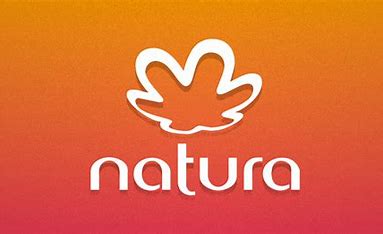Analysts with Citi, BTG Pactual and Santander said that the potential deal may be a way to unlock value to shareholders
10/19/2022

Natura & Co unveiled Monday that it began studies for the potential spin-off and IPO of Aesop, the company’s luxury business. The company closed the trading session on Tuesday up 9.62%, at R$14.24 – the highest intraday gain of Brazil’s benchmark stock index Ibovespa.
Itaú BBA analyst Thiago Macruz points out that most of Natura &Co’s debts do not mature in the short term and that the company does not currently have a liquidity problem. A spin-off and IPO of Aesop, therefore, could be interpreted as a measure of business expansion, not to reduce the holding company’s debt.
“Natura is giving signs of decentralization in decision-making worldwide, indicating that there are not necessarily the same synergies identified in the past,” he told Valor.
This is also the view of Antonio André Neto, the coordinator of the MBA Strategic and Economic Business Management at Fundação Getulio Vargas (FGV). “It also frees up all the costs that Natura needs to have to support this company. Despite sharing many services, you can imagine that Aesop employs many people not directly linked to Natura’s operation. They are part of these shared costs.”
Analysts with Citi, BTG Pactual and Santander said that the potential deal may be a way to unlock value for shareholders. Goldman Sachs said that the generation of value with the deal depends on its format and the value that the market would give to the separate companies. XP said that the market is in “challenging” times for such a deal and highlighted Aesop’s heavy investments to enter China, which could pressure profitability in the short term.
Alexandre Pierantoni, a specialist in mergers and acquisitions and director of corporate finance at the risk consultancy Kroll, agrees that this type of deal should wait for the most favorable moment, liquidity, and the potential for appreciation. “If this spin-off or IPO materializes, the company can benefit from the value that the asset is creating on its own. The parent company can generate value, but it depends on what the asset is, where the funds will be allocated, if there is an alternative of extracting the value and putting it in another investment,” he said.
*By Ana Luiza de Carvalho — São Paulo
Source: Valor International
